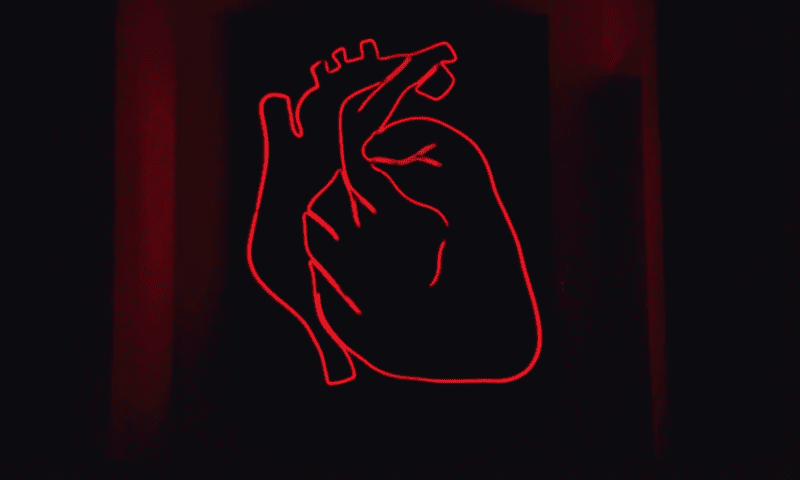Researchers have developed an antibody therapy that may hold the key to reversing the largely untreatable condition pulmonary arterial hypertension (PAH) by blocking a specific molecular pathway.
PAH occurs when high blood pressure in the arteries leading to the lungs gradually damages the vessels and heart, which can eventually cause the ventricles to fail. Existing treatment methods—such as anticoagulant medicines, diuretics, oxygen treatment and digoxin—are designed to improve symptoms and are hard for patients to tolerate, rendering the condition largely incurable. About 100,000 Americans have the progressive disorder, which is responsible for about 20,000 deaths a year across the country.
In hopes of finding a successful therapy, researchers at the University of California, San Diego examined lung biopsies and smooth muscle cells from the pulmonary arteries of 20 patients. They found that the cells had abnormally high levels of JAG-1, a protein that binds to and activates another protein called NOTCH3, which is crucial to the proliferation of these cells and a key component of PAH progression.
Next, the researchers developed and tested an antibody therapy that halts interactions between JAG-1 and NOTCH3. The treatment blocked the molecular pathway and reversed characteristics of PAH in two rodent models while also avoiding toxic side effects. The results suggest a similar strategy may be able to address the lack of disease-modifying treatments currently available for humans, the researchers noted.
The findings, published May 4 in the journal Science Translational Medicine, “are leading the field to a new chapter in understanding PAH biology and developing therapies,” the study’s lead author Yongneng Zhang wrote. The data also backed up the theory that focusing on the fate of cells is a good way to treat and even reverse PAH’s changes in the vascular system, the researchers said.
Other promising PAH research has taken different approaches. Investigating whether any cancer drugs could be effective on the lung disorder, researchers at the University of Pittsburgh School of Medicine and Prairie View A&M University used a computational platform to uncover the promising compound BRD2889, which reversed symptoms of PAH in rodent models. The scientists filed for a patent last year with the goal of moving the compound into human trials.
Meanwhile, biopharmaceutical giant Merck & Co. is diving into the space, tripling its late-stage cardiovascular pipeline over the past year. Several new drug approvals are expected by 2030 and include sotatercept (MK-7962), a PAH drug the company procured as part of its $11.5 billion acquisition of Acceleron Pharma last November. Sotatercept is being tested in a phase 3 trial as an add-on to current standard of care for PAH, and, if approved, would be the first non-vasodilator with the potential to address the underlying disease. The study’s anticipated primary completion date is December 2022.
Also in Merck’s PAH portfolio is the once-daily inhaled therapy MK-5475. Preclinical proof-of-concept trials showed a targeted reduction in vascular resistance and pressure, and the drug has moved into a phase 2/3 study.
If both are approved, MK-7962 and MK-5475 could be used with other medicines or alongside each other. Merck believes both have significant commercial potential, with the PAH market forecasted to experience a 4% compound annual growth rate over six years, jumping from $6.1 billion in worldwide annual revenue in 2020 to $7.8 billion by 2026.

